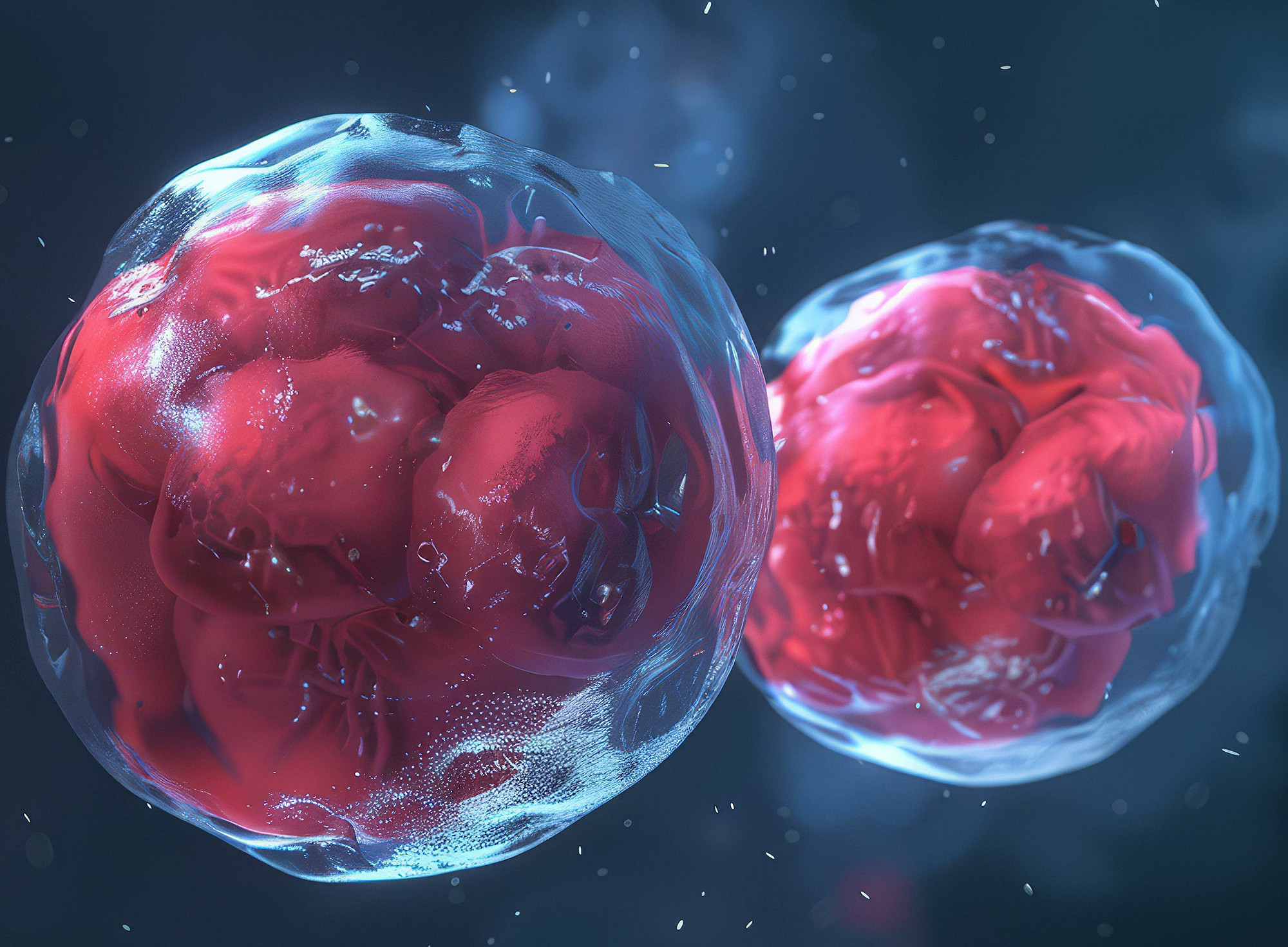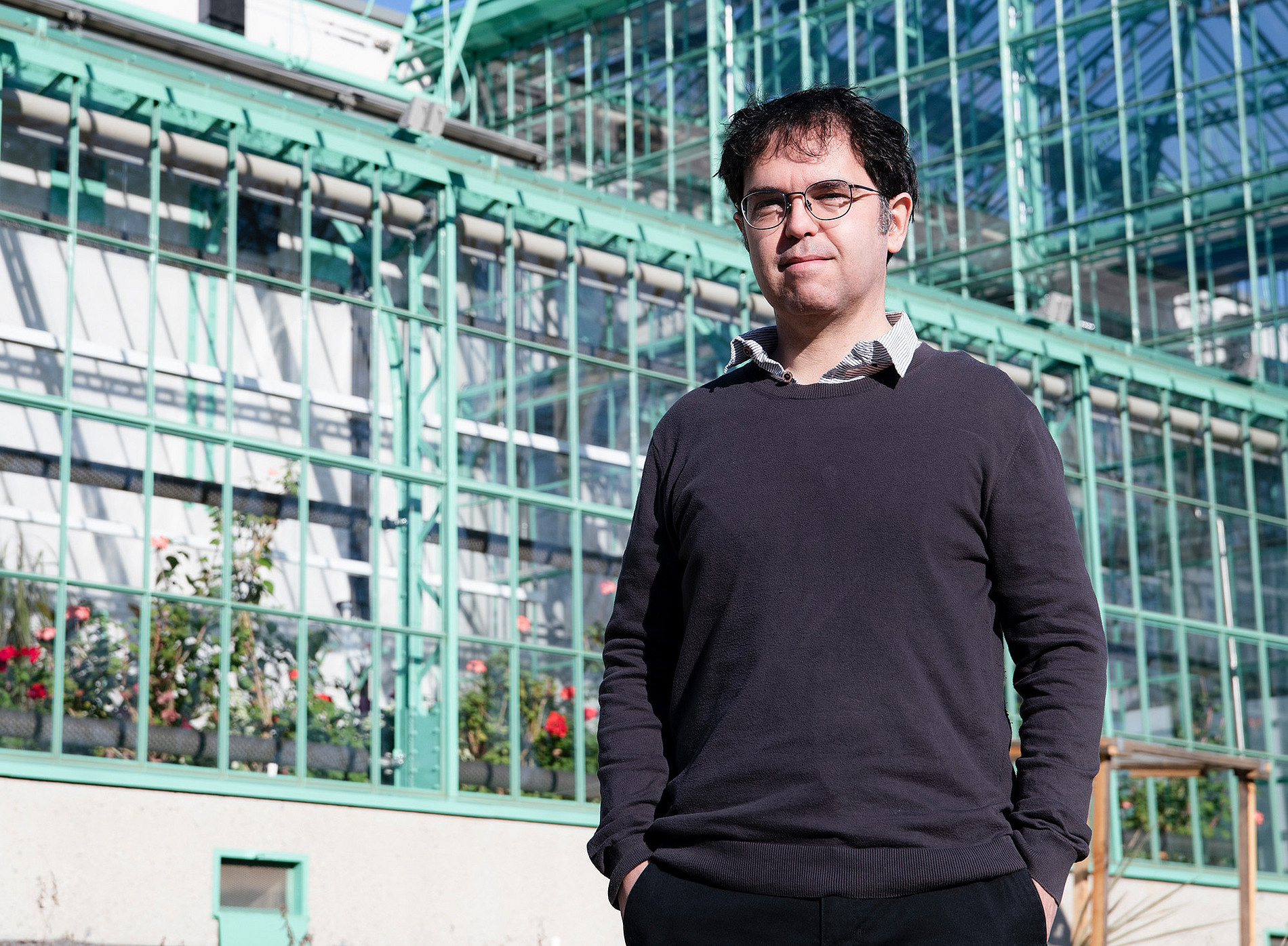In their study, the researchers looked at the first cell divisions after the fertilisation of an egg cell in mice and rabbits. They found that this process takes place differently from time to time, both temporally and spatially, until the end of the 8-cell stage. “The rate of stem cell doubling varies randomly across generations. Sometimes it happens faster, sometimes it takes a little longer,” reports Bernat Corominas Murtra, assistant professor at the Department of Biology and in the field of excellence COLIBRI (Complexity of Life in Basic Research and Innovation) at the University of Graz.
The geometric structure did not appear to follow a plan at first either. “After dividing, the cells gathered together to form different shapes. Only by the end of the 8-cell stage, after completion of the so-called compaction process, one configuration became overwhelmingly dominant,” the scientist describes the development. The study authors were able to show that this specific arrangement was optimal, providing the right conditions for the subsequent cell divisions leading to the 16-cell stage. “There, the correct ratio of inner to outer cells is essential for the developing organism’s viability: Inner cells will lead to the organism itself, while outer cells form the placenta and extra-embryonic material,” explains Corominas Murtra.
Disorder as a driving force
It's like Rubik's Cube: Randomly arranged cells are shifted to form a whole according to plan. But how does the embryo solve this task? “The answer lies in fundamental principles of physics and mathematics,” says Corominas Murtra: “A genetically encoded slight increase in cell adhesion, coupled with significant random fluctuations in cell positions – disorder – paradoxically facilitates the transition from any arbitrary packing of cells to a single optimal configuration,” explains the physicist.
This interpretation paves the way for a new understanding on how complex geometries and, in general, organisation patterns arise in living beings. “Disorder, therefore, far from being a problem the system has to deal with, may be one of the leading forces driving the precision of organism development,” emphasises Corominas Murtra.
Publication
Temporal variability and cell mechanics control robustness in mammalian embryogenesis
Dimitri Fabrèges, Takashi Hiiragi, Edouard Hannezo, Bernat Corominas Murtra
Science, 10.10.2024, DOI 10.1126/science.adh1145

